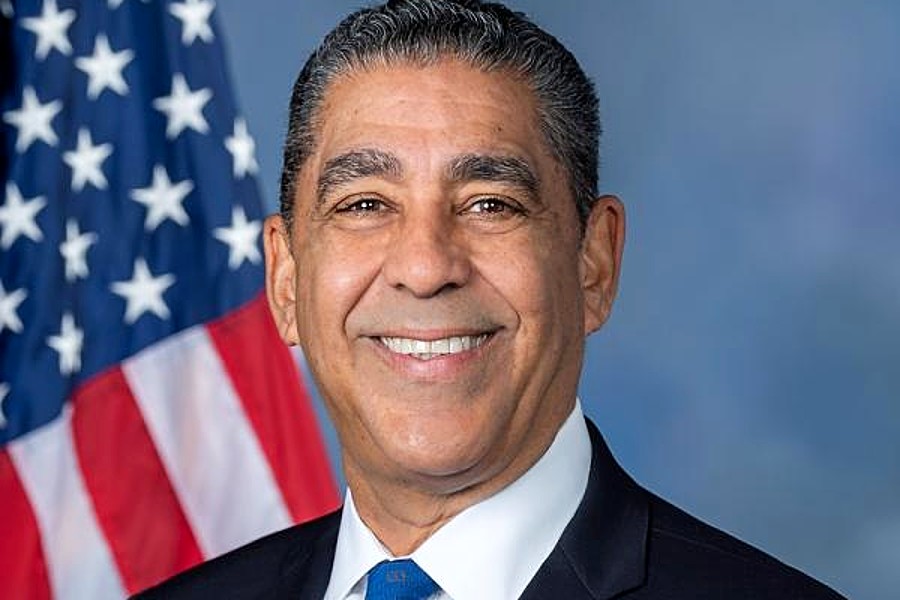The performance by Duke “The Duke” Ellington Trio in 1966, after rocking Harlem for decades, during this timeline Ellington was nominated for the Pulitzer Prize for Music, in 1965, but was turned down. Then 67 years old, he reacted: “Fate is being kind to me. Fate doesn’t want me to be famous too young.” The prize was eventually awarded posthumously, in 1999.
In September 1965, the first of his Sacred Concerts was given its première. It was an attempt to fuse Christian liturgy with jazz, and even though it received mixed reviews, Ellington was proud of the composition and performed it dozens of times. This concert was followed by two others of the same type in 1968 and 1973, known as the Second and Third Sacred Concerts. This caused controversy in what was already a tumultuous time in the United States. Many saw the Sacred Music suites as an attempt to reinforce commercial support for organized religion, though Ellington simply said it was “the most important thing I’ve done”. The Steinway piano upon which the Sacred Concerts were composed is part of the collection of the Smithsonian’s National Museum of American History. Like Haydn and Mozart, Ellington conducted his orchestra from the piano – he always played the keyboard parts when the Sacred Concerts were performed.
Ellington continued to make vital and innovative recordings, including The Far East Suite (1966), New Orleans Suite (1970), Latin American Suite (1972) and The Afro-Eurasian Eclipse (1971), much of it inspired by his world tours. It was during this time that Ellington recorded his only album with Frank Sinatra, entitled Francis A. & Edward K. (1967).
Ellington was awarded the Grammy Lifetime Achievement Award in 1966. He was later awarded several other prizes, the Presidential Medal of Freedom in 1969, an Honorary PhD from the Berklee College of Music in 1971, and the Legion of Honor by France in 1973, the highest civilian honors in each country.
Become a Harlem Insider!
By submitting this form, you are consenting to receive marketing emails from: . You can revoke your consent to receive emails at any time by using the SafeUnsubscribe® link, found at the bottom of every email. Emails are serviced by Constant Contact



















